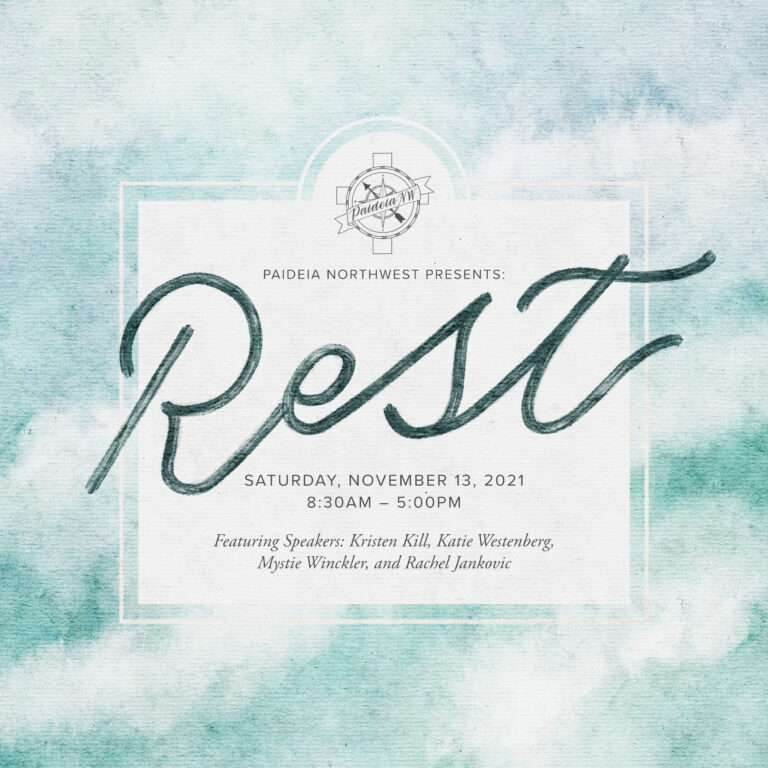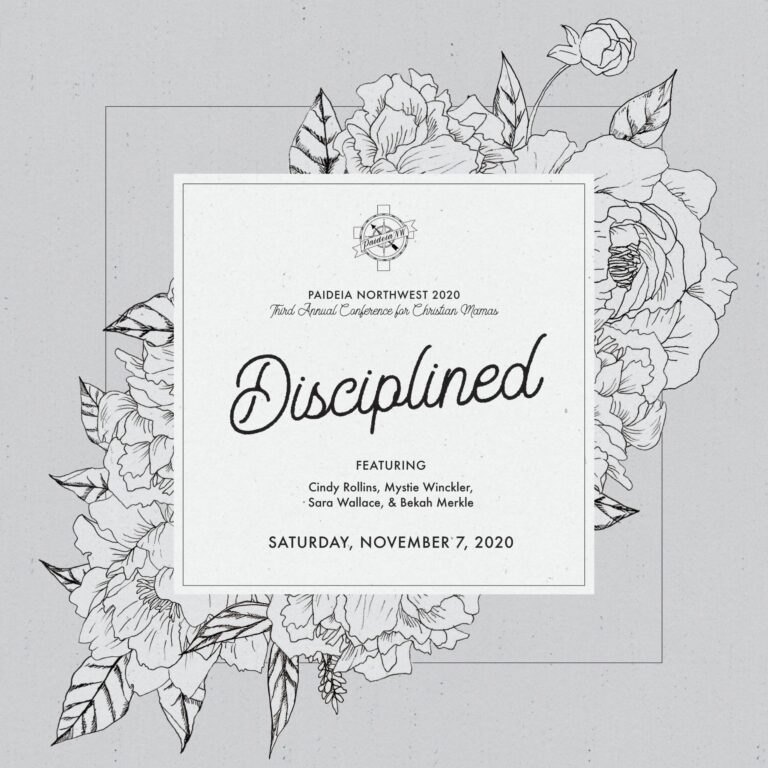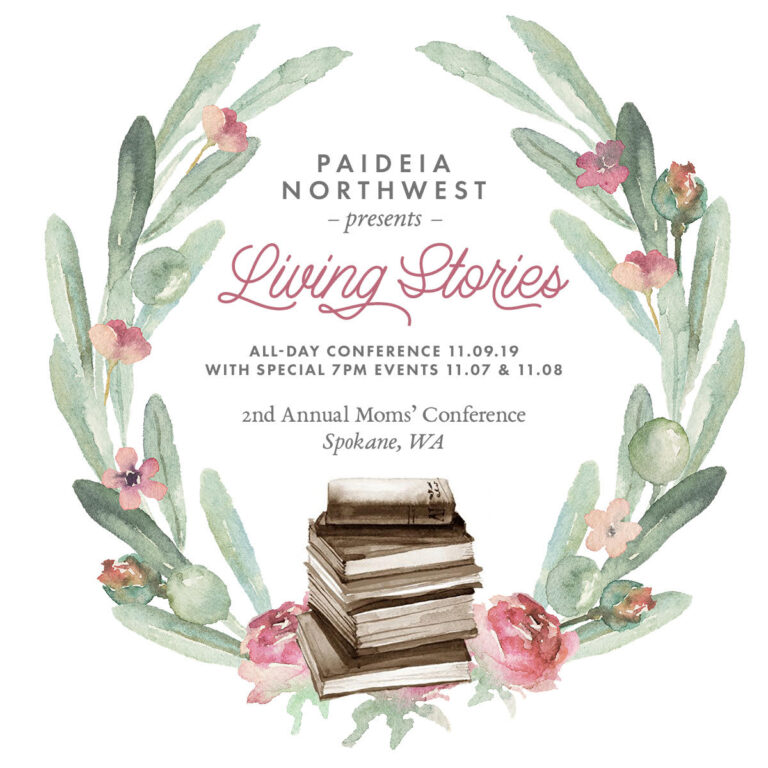Paideia Conversations, Episode 19
In this episode of Paideia Conversations, Melissa Cummings from Paideia Northwest is joined by Kristen Kill, lately of Portland, OR to talk about the wonder, wisdom, and worship of poetry. Really, it was just a fun conversation about all things beauty, poetry, and language… we kept chatting, because it felt like there was so much…



